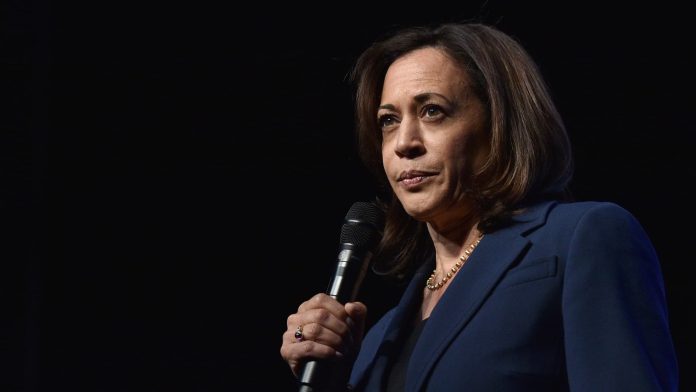In an open letter shared on social media, Nigerian entrepreneur and philanthropist Dr. Stephen Akintayo commended U.S. Vice President Kamala Harris for her remarkable campaign efforts. Though he did not support her candidacy, Dr. Akintayo acknowledged the impressive progress Harris made within a limited campaign timeframe, describing her as a charismatic leader with an “infectious laugh.”
Reflecting on his political stance, Dr. Akintayo explained that he had previously expressed willingness to support former First Lady Michelle Obama as a potential candidate due to her moderate and balanced approach, despite her affiliation with the Democratic Party. He noted that Michelle Obama’s appeal as a Washington outsider, coupled with her pragmatic approach to governance, aligns with the qualities he believes resonate with many voters. Drawing a comparison to former President Obama’s appeal, Dr. Akintayo suggested that Harris’s established career in politics, spanning from state positions to the U.S. Senate and ultimately the Vice Presidency, may have hindered her appeal among voters looking for fresh perspectives outside career politics.
Dr. Akintayo further analyzed Harris’s approach to policy, noting that her campaign might have benefited from a more moderate stance on certain issues. He pointed out that while progressive policies remain essential, a focus on economic concerns—such as rising grocery prices and energy costs—might have helped broaden her appeal among working-class voters. Akintayo suggested that Harris could have addressed these issues more directly by outlining clear, actionable economic policies, noting that national leadership often calls for balancing social progress with economic stability.
In his open letter, Dr. Akintayo drew parallels to his own business practices, emphasizing his commitment to competence over personal or ethnic affiliation. He shared that his decisions in business and politics are rooted in merit, citing an example where he supported a candidate from a different ethnic group because he believed they were better suited for the role. “I don’t make decisions based on ethnicity or sentiments; it’s always about who is most competent for the task,” he wrote.
Dr. Akintayo’s perspective highlights a broader call for competence-based leadership, advocating for a societal shift where qualifications and capabilities supersede affiliations or identity in both business and politics. He expressed hope that Nigeria, too, could embrace this approach, asserting that individual commitment to fairness and competence is fundamental to national progress.
In his conclusion, Dr. Akintayo conveyed gratitude to Vice President Harris for her contributions and encouraged continued dedication to public service, emphasizing that leadership qualities like resilience and hard work are essential for impactful governance.




